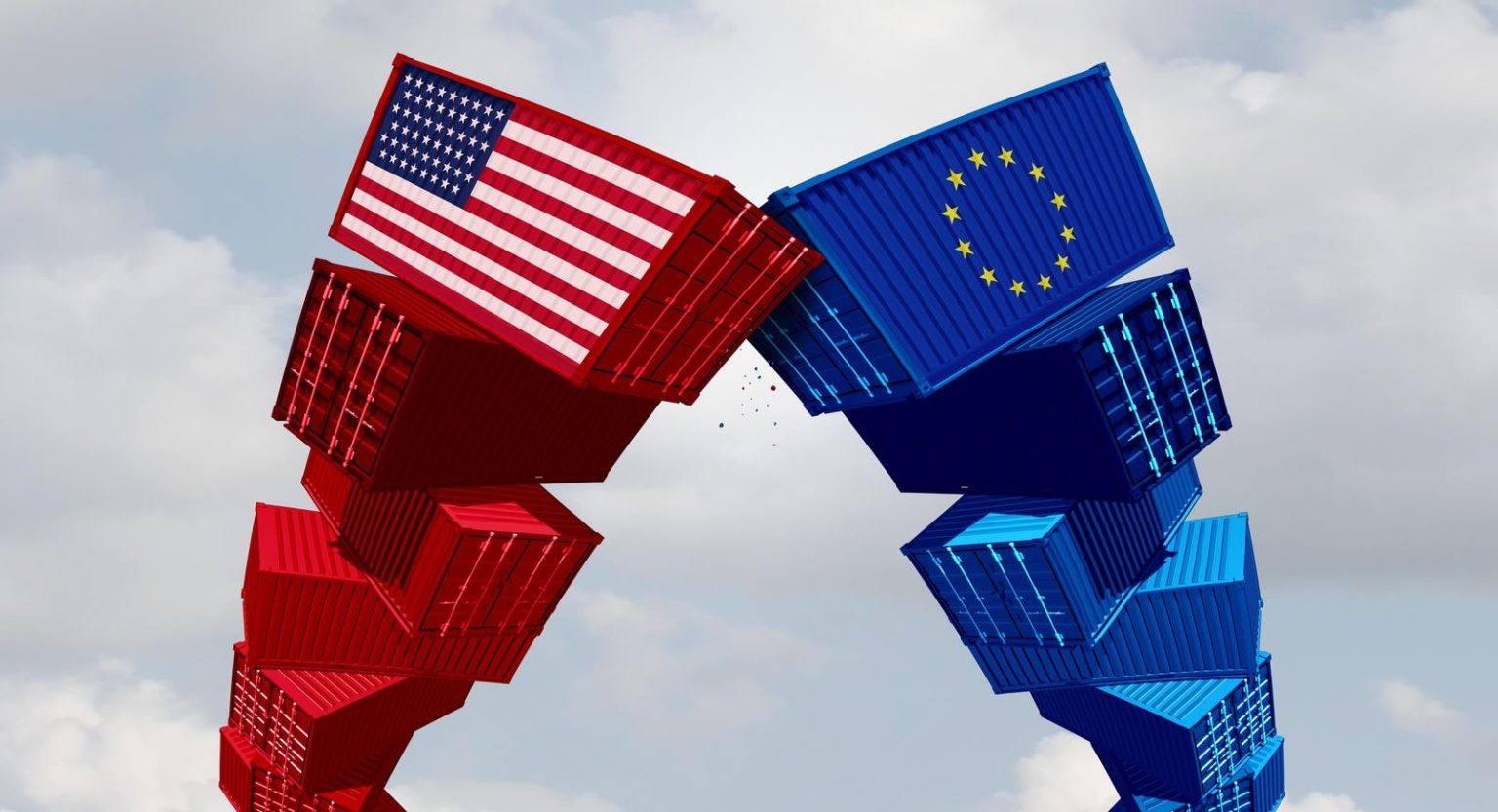Europe’s Unicorn Quest: Can it Overtake Silicon Valley?
Silicon Valley’s longstanding dominance in the world of unicorn startups is facing increasing challenges from emerging tech hubs across the globe. While Shenzhen, Beijing, Singapore, and Tel Aviv have emerged as strong contenders, Europe, particularly the region surrounding London, is now positioning itself as the "new Palo Alto." This raises the critical question: can Europe truly dethrone Silicon Valley and become the global leader in unicorn development? A closer examination of Silicon Valley’s success factors reveals the significant hurdles Europe must overcome.
Silicon Valley’s dominance is rooted in three core strengths: its leadership in emerging industries, its unique ability to navigate the unpredictable nature of venture success, and its unparalleled attraction and retention of top entrepreneurial talent. These three pillars create a self-reinforcing ecosystem that is difficult to replicate. Firstly, Silicon Valley thrives on disruption. It consistently pioneers new industries, leveraging groundbreaking technologies to reshape entire sectors. From Walmart’s revolution of retail to Airbnb’s transformation of hospitality, Silicon Valley ventures capitalize on emerging trends to serve unmet needs with innovative solutions and business models. This contrasts with Europe’s tendency towards cloning existing successful models, rather than forging its own path in entirely new domains. While European hubs boast impressive ventures, they often lack the disruptive edge that defines Silicon Valley’s success stories.
Secondly, predicting which ventures will succeed in nascent industries is notoriously difficult. Even seasoned venture capitalists experience failure rates of approximately 80%. Silicon Valley mitigates this risk through a dense network of entrepreneurs, eager to pursue high-potential ideas, and a robust pool of angel investors willing to provide early-stage funding. This dynamic creates a breeding ground for experimentation and allows the ecosystem to absorb numerous failures while still reaping the rewards of a few breakout successes. Furthermore, Silicon Valley’s top venture capitalists employ a strategic approach, investing early and aggressively, often replacing founding entrepreneurs with experienced CEOs to maximize the chances of hitting a home run. This capital-as-a-weapon strategy, coupled with their early-stage involvement, gives them a significant advantage.
The third pillar of Silicon Valley’s success is its unmatched ability to attract and retain the world’s best entrepreneurial talent. Unicorn development is a numbers game; for every unicorn, thousands of ventures are launched. Silicon Valley’s ability to draw a critical mass of ambitious, globally-minded individuals willing to take risks is crucial. The region has consistently replenished its talent pool through successive waves of technological innovation, from semiconductors to artificial intelligence. This continuous influx of talent, combined with the abundance of risk-tolerant angel investors and experienced venture capitalists, fuels a virtuous cycle of innovation.
Europe faces significant challenges in replicating these success factors. While it has pockets of innovation and entrepreneurial spirit, it lags behind Silicon Valley in its ability to drive disruptive change, navigate the inherent risks of venture investment, and attract the sheer volume of top-tier talent needed to consistently produce unicorns. The question remains whether Europe can cultivate the same level of risk-taking, innovation, and access to capital that characterizes Silicon Valley.
A key point often overlooked is the fundamental importance of the "Unicorn-Entrepreneur Ecosystem," rather than solely focusing on venture capital. While VCs play a crucial role in scaling successful ventures, they often enter the picture after the initial "Aha!" moment. The true engine of innovation lies in the entrepreneurs who identify emerging opportunities and the angel investors who are willing to back them in the early, high-risk stages. Europe must prioritize building this foundation by empowering a diverse pool of individuals with the skills and mindset to launch ventures independently of traditional venture capital models.
Silicon Valley can be likened to a high-stakes casino, where entrepreneurs, angels, and VCs gamble on emerging trends. While many ventures fail, the "house"—the Silicon Valley ecosystem—benefits from the sheer volume of bets placed, ensuring that even a few successes generate substantial returns. This highly organized and strategically positioned "casino" provides an environment unparalleled in its ability to foster and capitalize on innovation. Europe’s challenge lies in creating a similarly robust and dynamic ecosystem, one that can compete with Silicon Valley’s established dominance.
In conclusion, Europe faces a steep uphill battle in its quest to surpass Silicon Valley. While it possesses pockets of innovation and entrepreneurial potential, it must overcome significant hurdles in fostering a culture of disruptive innovation, attracting and retaining top talent, and creating a robust ecosystem that supports entrepreneurs from the earliest stages. Until Europe can match Silicon Valley’s dynamism and its ability to generate and capitalize on groundbreaking ideas at scale, it is unlikely to dethrone the reigning champion of unicorn creation. The focus should be on building a strong foundation of entrepreneurial talent and fostering an environment where bold ideas can flourish, ultimately creating a sustainable engine of innovation that can compete on the global stage.










